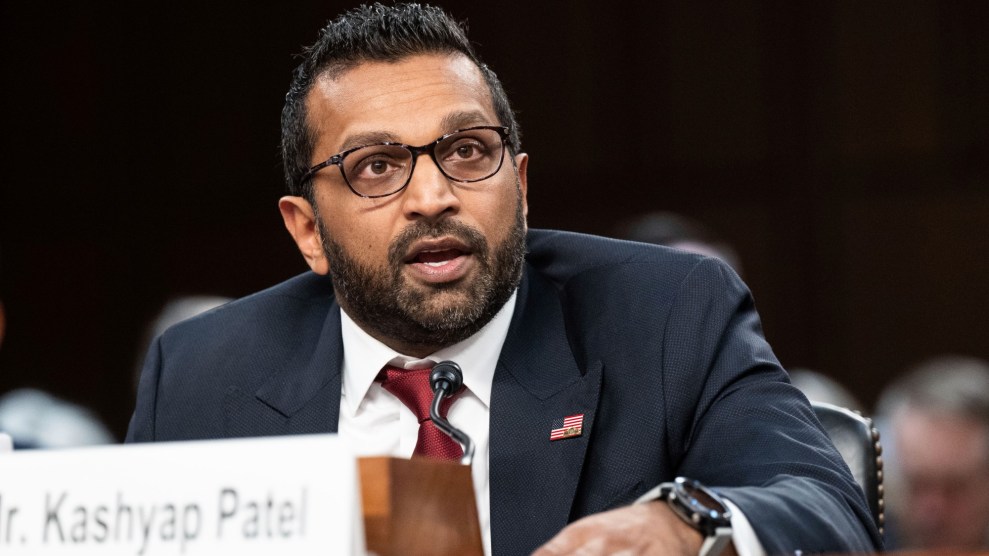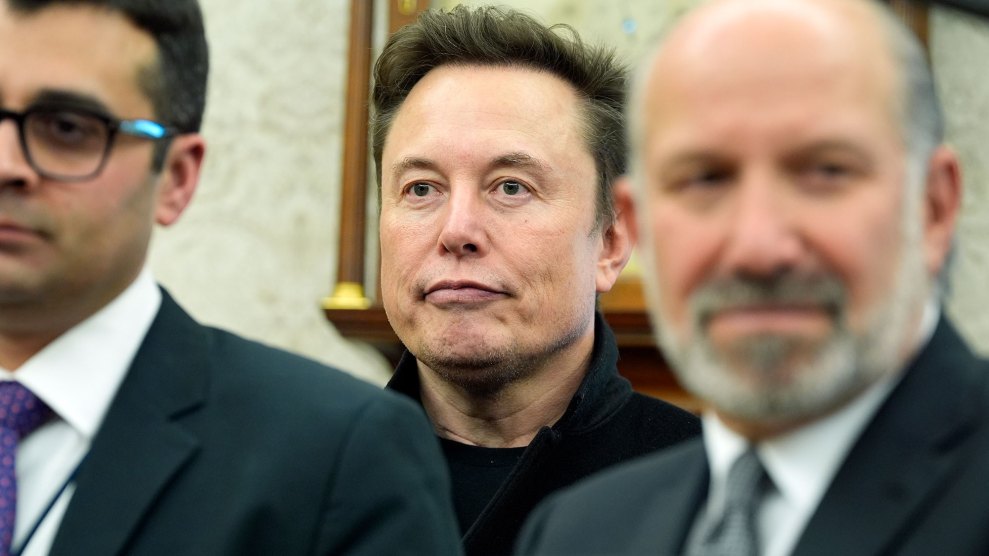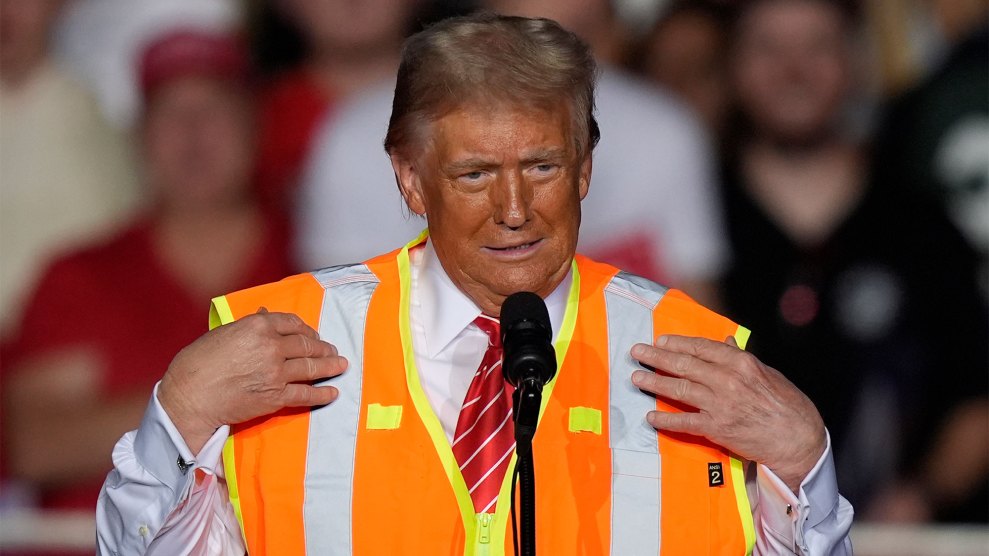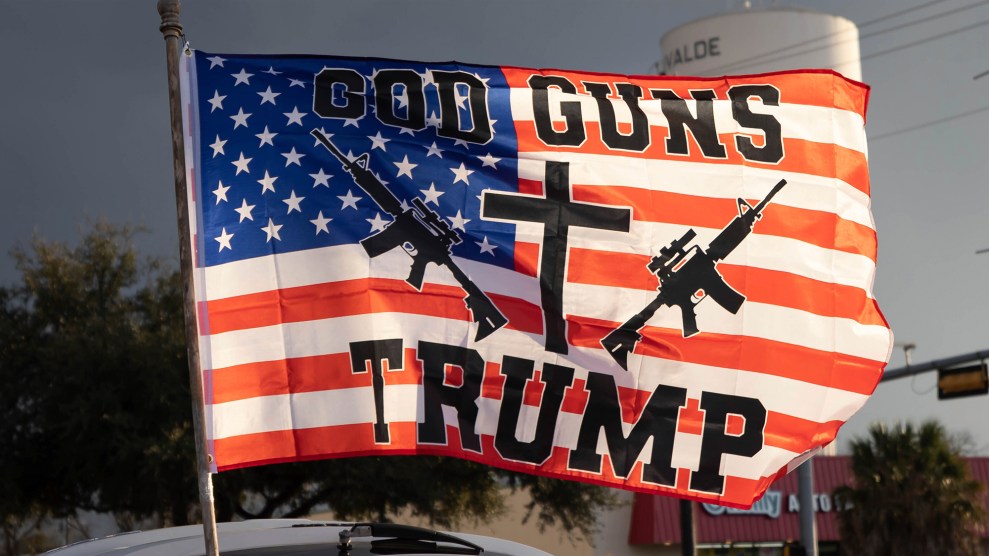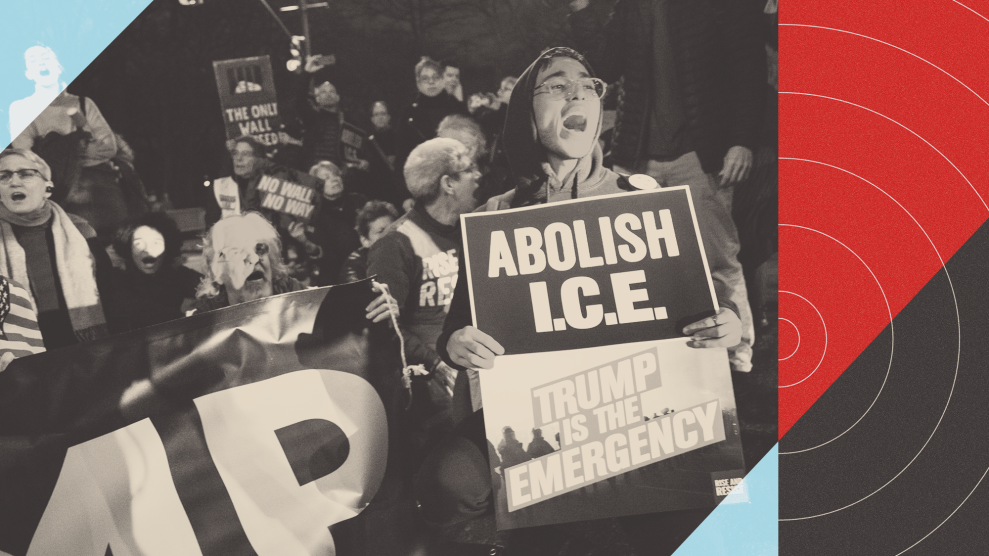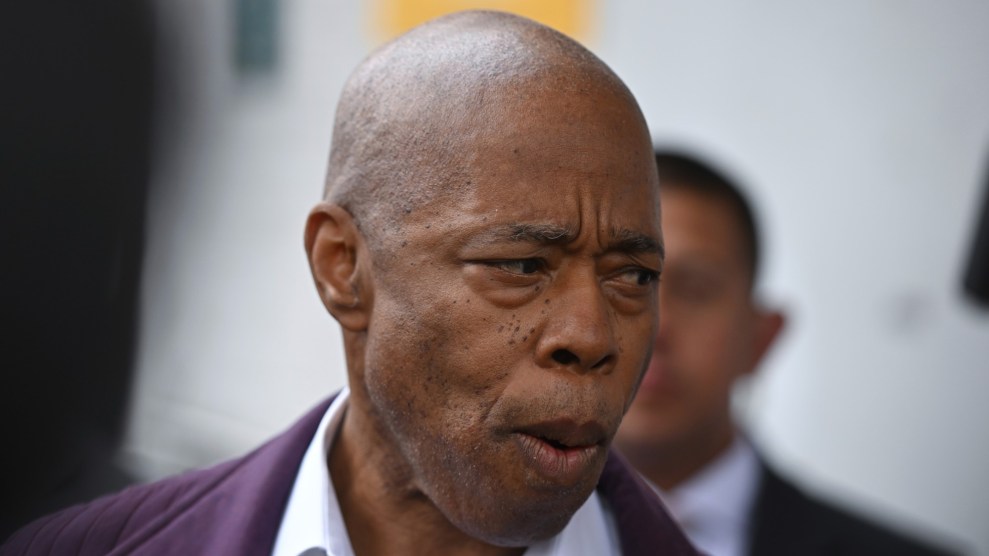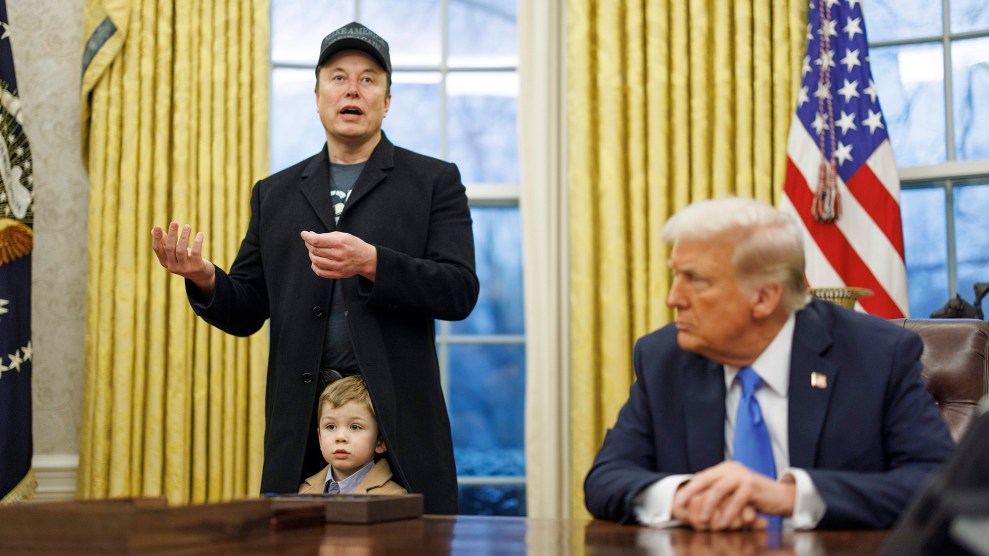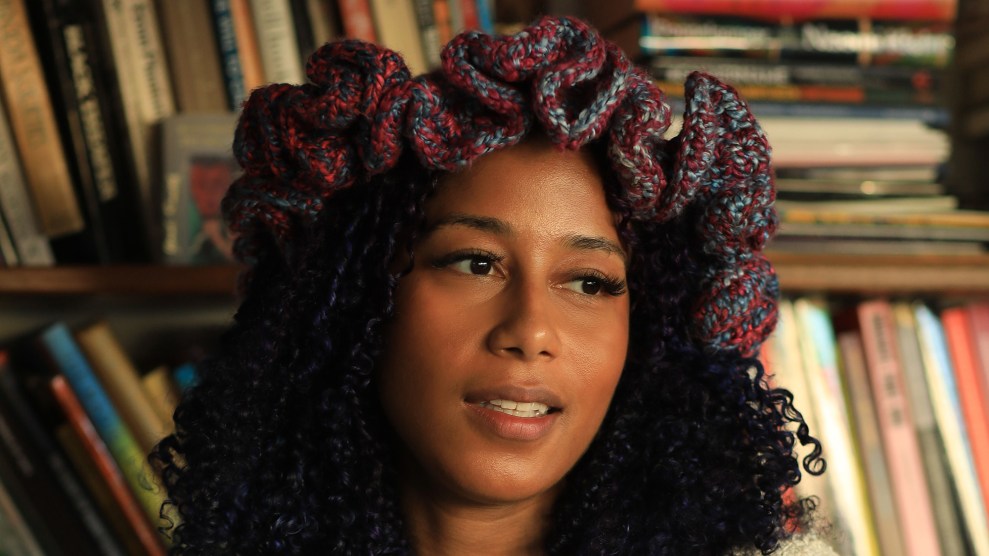Wilton, Connecticut School Superintendent Gary Richards had this to say about the play, Voices in Conflict, that Wilton High School Students wrote and planned to perform at the school: “The student performers directly acting the part of the soldiers…turns powerful material into a dramatic format that borders on being sensational and inappropriate. We would like to work with the students to complete a script that fully addresses our concerns.”
The students responded to Richards immediately by incorporating his statement into the play. Then their principal banned Voices in Conflict, so two weeks ago, the high school company performed the play off-Broadway. Voices in Conflict incorporates testimonials from soldiers, including letters, blogs, and taped interviews. It also uses Yvonne Latty’s book, In Conflict, as a source for material.
Wilton principal Timothy H. Canty said he was concerned that the play might be hurtful toward families who had lost loved ones in the war or who had loved ones serving in the war. “It would be easy to look at this case on first glance and decide this is a question of censorship or academic freedom. In some minds, I can see how they would react this way. But quite frankly, it’s a false argument.”
Students tell a different story. They say that Canty told them that only someone who had served in the war could understand the experience, and that one student had complained about the play.
If Wilton High School sounds familiar, it should. That is the school that gained publicity for calling Gay-Straight Alliance posters a safety hazard, and for telling students not to wear bandanas because they were associated with gangs.

